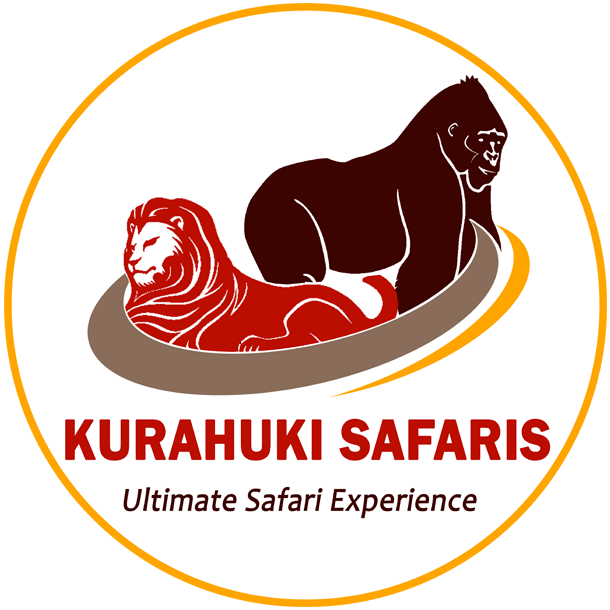- Home
- Who We Are
- Destinations
- Activities
- Safari Tours
- Long Day Safaris
- 20 Days Uganda Safari Exploration
- 17 Days Uganda Cultural Exploration Tour
- 16 Days Best of Uganda Wildlife Safari
- 12 Days Best of Uganda Wildlife Safari
- 10 Days Uganda Wildlife Adventure Safari
- 10 Days Uganda Primates & Wildlife Safari
- 8 Days Uganda Primates & Wildlife Safari
- 7 Days Uganda Gorilla & Big 5 Wildlife Safari
- 6 Days Uganda Wildlife Safari
- 6 Days Murchison Falls and Queen Elizabeth
- 6 Days Murchison Falls & Lake Mburo Safari
- 6 Days Kidepo & Murchison Falls
- 5 Days Uganda Gorillas & Lion Tracking safari
- 5 Days Semuliki and Queen Elizabeth Safari
- 5 Days Gorillas Chimpanzees & wildlife safari
- 5 Days Big 4 and Gorilla Trekking Safari
- Short Day Safaris
- 4 Days Queen Elizabeth Wildlife Safari
- 4 Days Murchison Falls Wildlife Safari
- 4 Days Gorilla Habituation & Lake Bunyonyi
- 4 Days Flying Safari to Kidepo Valley National Park
- 4 Days Double Gorilla Trekking Flying Safari
- 3 Days Safari to Jinja and Sipi Falls
- 3 Days Sabinyo hike Adventure
- 3 Days Murchison Falls Wildlife Safari
- 3 Days Lake Mburo Wildlife Safari
- 3 Days Kidepo Valley Flying Wildlife Safari
- 3 Days Gorilla Trekking Safari & Lake Bunyonyi
- 3 Days Flying Gorilla Safari
- 2 Days Safari to Murchison Falls National Park
- 2 Days Lake Mburo Wildlife Safari
- 2 Days Kibale Chimpanzee tracking Safari
- 1 Day Rhino tracking tour
- 1 Day Ngamba Island Chimpanzee Tour
- 1 Day Mabamba Birding Tour
- 1 Day Kigali City Tour
- 1 Day Kampala City Tour
- 1 Day Jinja Trip
- Long Day Safaris
- Travel Tips
- Contact Us
